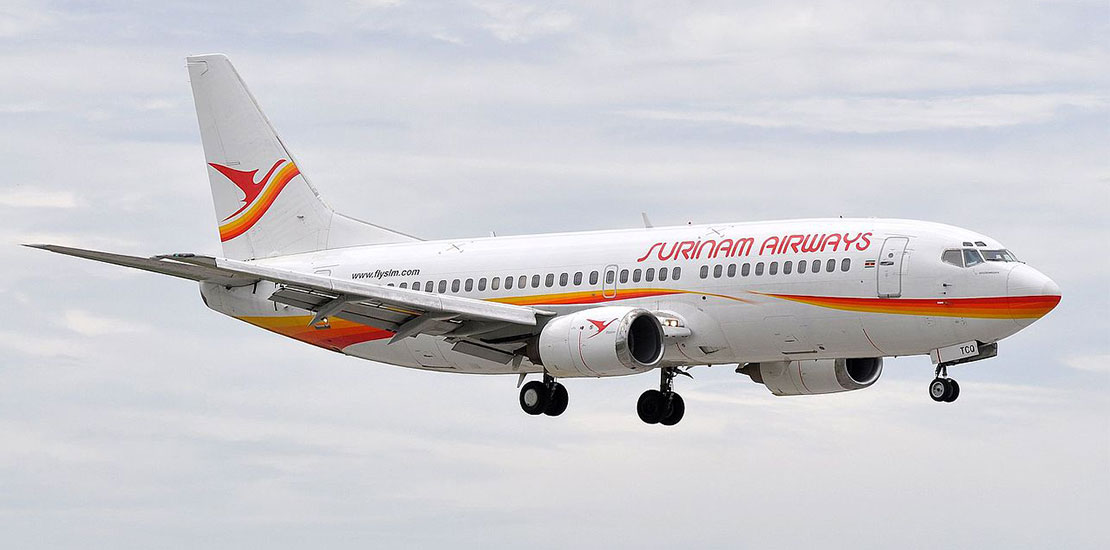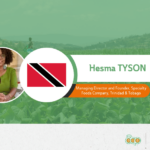Market report: Logistics in Suriname and the Caribbean
- 25/10/2021
- Posted by: Gaetan Dermien
- Category: Caribbean, Suriname

Through the Fit For Market SPS programme and within the context of the Covid-19 action plan, COLEACP’s Market Intelligence service has been working with the Association of Exporters of Agricultural Products of Suriname (Vereniging van Exporteurs van Agrarische Producten in Suriname, VEAPS), a professional association representing the country’s farmers and exporters of horticultural products.
This collaboration is taking place in a context where Suriname’s exports have been suffering from a lack of competitiveness and logistics, constituting a bottleneck to export growth (particularly to the European continent). The Covid-19 factor has further contributed to this situation by reducing the availability of freight and increasing prices. It is therefore important, through this report, to map Suriname’s export logistics, to identify areas for improvement and to be creative in identifying new export routes.
Exports of fruit and vegetables from Suriname are facing limited and fluctuating logistics capacity and higher costs compared with other fresh produce export markets. This situation results in a loss of competitiveness and hampers VEAPS’ objective to further expand its exports, both within the Caribbean regional market and to Europe.
COLEACP and VEAPS have studied available and potential new shipping routes for international and regional exports. The review provides an overview of the logistics demand in Suriname; the offer in the Caribbean region, including the price element; and the potential to increase this offer or combine the demand with other regional demand.
For Suriname, cereals and bananas are the main commodities transported by sea; other fruits and vegetables are moved by air. The available payload for perishables is subject to high fluctuations due to competition from goods with higher yields and higher loading priorities, such as fish.
At present, there is no direct shipping line to Europe – shipping services involve one or two transhipments, with transit times ranging from 19 to 30 days. However, the report highlights different routes to the continent, using transport lines with intra-regional services that ultimately offer good connection possibilities to the European market through air cargo gateways in the Caribbean.
The upcoming report, currently in production, focuses on the potential for four alternative routes: direct air, air-air, sea-air, and road-air.
This activity is supported by the Fit For Market SPS programme, implemented by COLEACP within the Framework of Development Cooperation between the Organisation of African, Caribbean and Pacific States (OACPS) and the European Union.
Source: Photo by Eric Salard – PZ-TCQ, CC BY-SA 2.0

![EU and GB approval changes (January-March 2025) 9-FFM+-[ENG]](https://news.colead.link/wp-content/uploads/2024/06/9-FFM-ENG-150x150.jpg)

